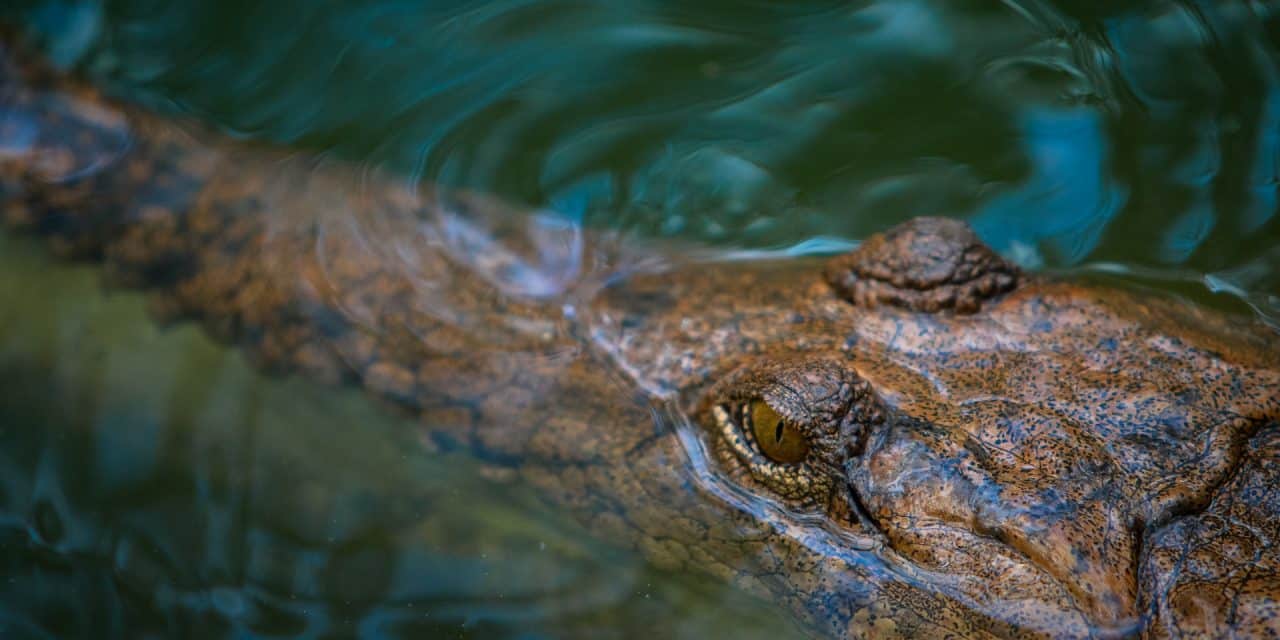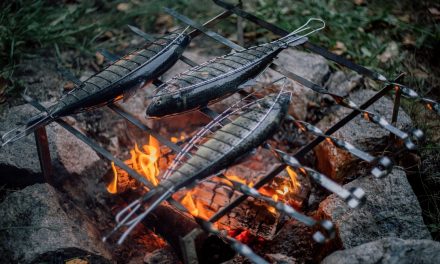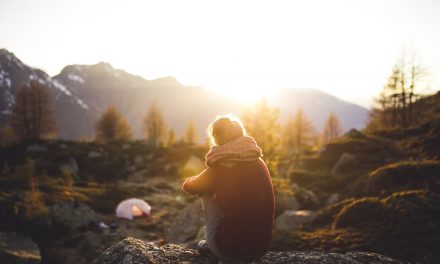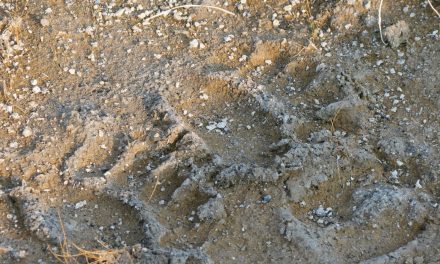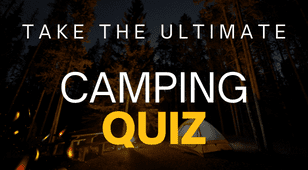The great outdoors invokes a sense of freedom and adventure. You get to be one with nature and reconnect with your inner self. Yet beneath the rugged appeal and beautiful scenery, there are creatures that lurk in the woods. These creatures call the woods their home and they are not particularly very good hosts.
Whenever you are camping or hiking in the woods, it would be best to keep an eye out for these 7 animals. They will not just hurt you. These 7 animals, upon encounter, are most likely to attack you and kill you in the woods.
Snakes
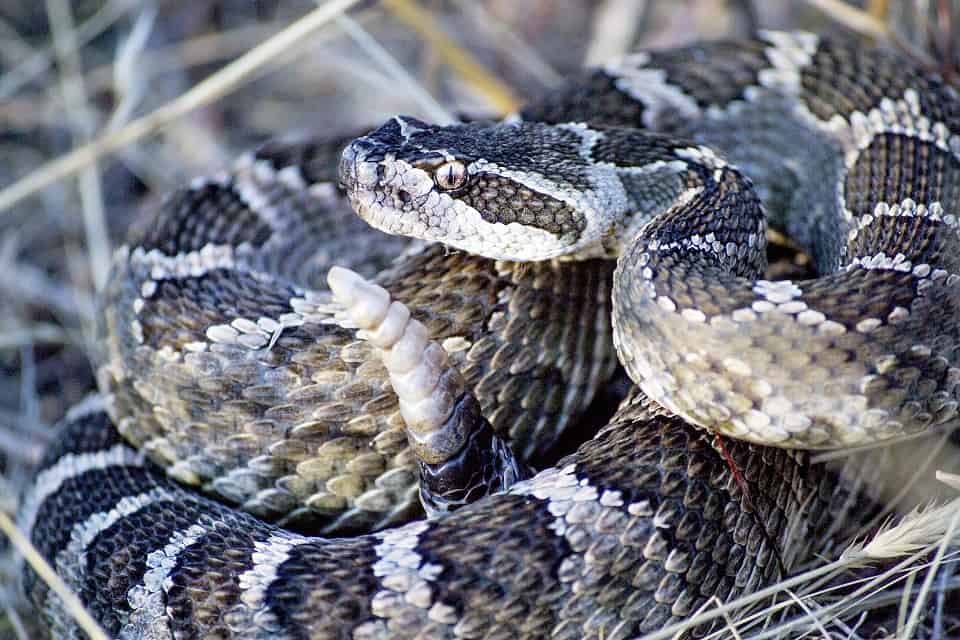
The woods provide a safe haven for various kinds of snakes. From venomous biters to enormous crushers, snakes are some of the deadliest animals in the woods. They have mastered the art of camouflage and can strike from anywhere. The venomous ones can paralyze your central nervous systems and cause respiratory failure in minutes.
Snakes are found in streams, trees, and, holes. Snake attacks are not too common. It is worth noting that most snakes avoid human contact. However, due to that fear, they will charge and strike if confronted. If you are hiking in the woods and you encounter a snake, let it have its way.
Never cut the area around a snake bite. Don’t suck the venom out and don’t tourniquet it. These methods will spread the venom even faster or make you needlessly lose a limb. Call for medical attention as soon as you can get away from the attacker.
Spiders
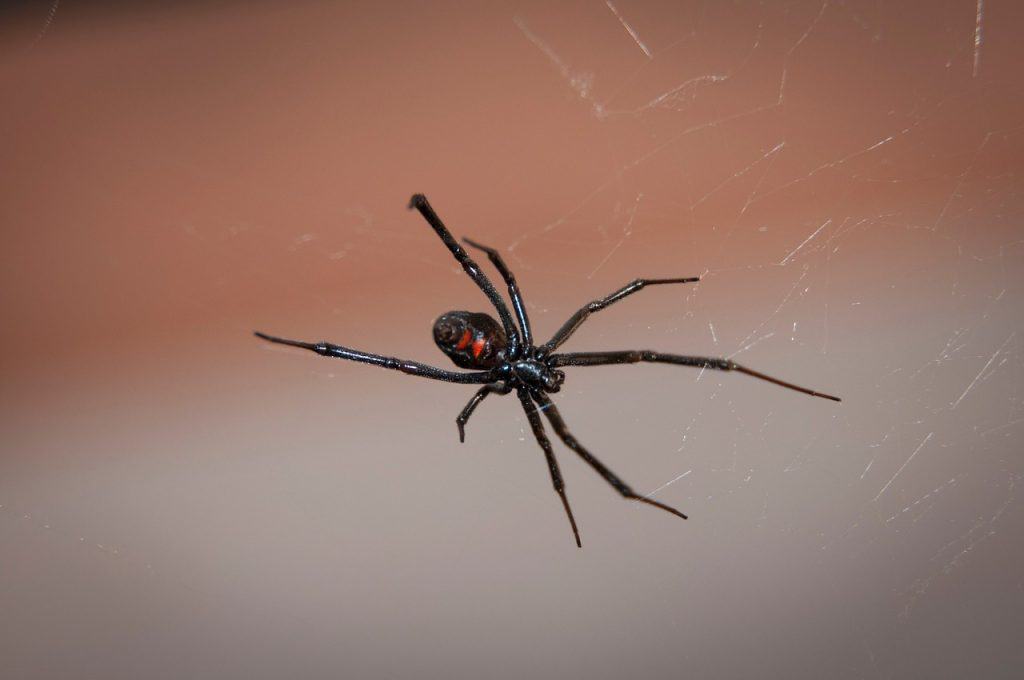
These 8-legged terrors are nothing to joke about. Despite their size, spider bites pack a mean punch. Black widows and Brown Recluse spiders are some of the most lethal attackers in the wild. They cause painful bites that lead to multiple organ failure and system shutdown in the worst-case scenarios. Spiders are mostly found on trees. Others are found on the ground. They blend in with the environment and they are hardly noticeable.
Spiders rarely attack unprovoked. They will likely scurry away when they notice your presence. However, when they strike, it would be wise to treat the bites immediately. Spider venom is fast-acting and might cause fatal reactions in humans. If you can, place an ice pack on the bite and release every 10 minutes. This is mainly to relieve the inevitable itch.
Big cats
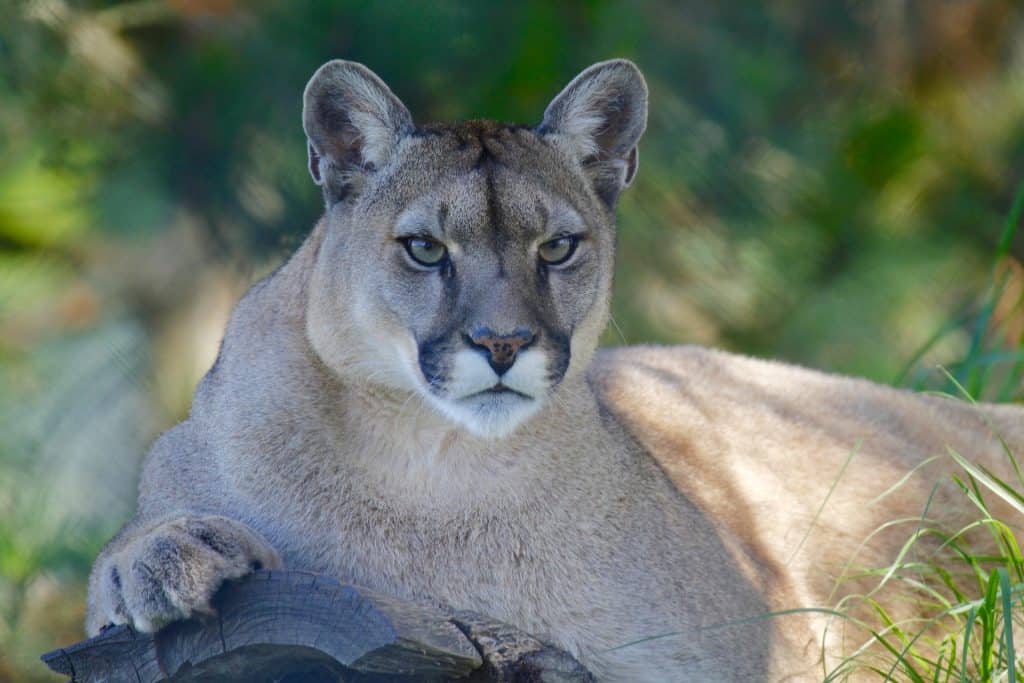
The woods provide a perfect home for wild big cats. Panthers, cougars and mountain lions are vicious enemies that can be lethal. While most of these cats are harmless to humans, they will not hesitate to attack you if provoked. They go for the jugular and their bite force is enough to break human bones in one fell swoop.
These cats are at their most dangerous when they are cornered and when their offspring are threatened. Avoid thick vegetation while you are out camping in the woods. It may be hard to recognize them as they are very adept at stalking and attacking. Evasive action from these power cats involves making yourself big and walking away very slowly.
Crocodiles/Alligators
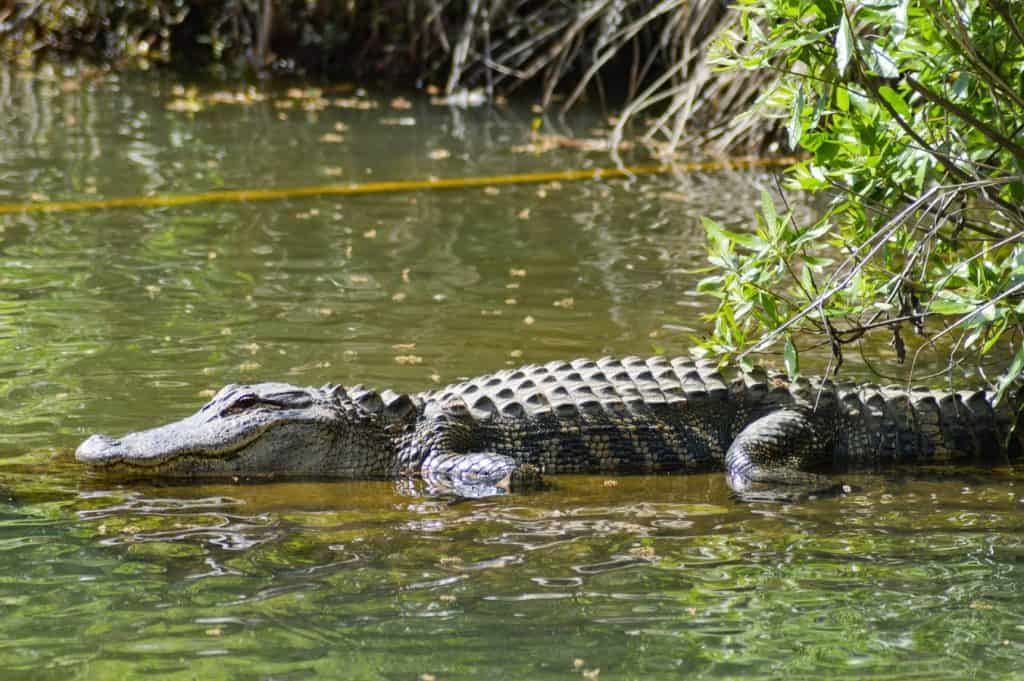
These 2 are not the same. However, they are vicious and dangerous. They are some of the most ferocious attackers on the planet. They are mostly found near water bodies especially in the morning and evening.
Crocodiles are more powerful and one sweep of their tail is enough to knock you off your feet. They have one of the most powerful bite forces in nature. When they capture their prey, they perform what’s known as a death roll that tears large chunks of skin off the target’s body.
Bears
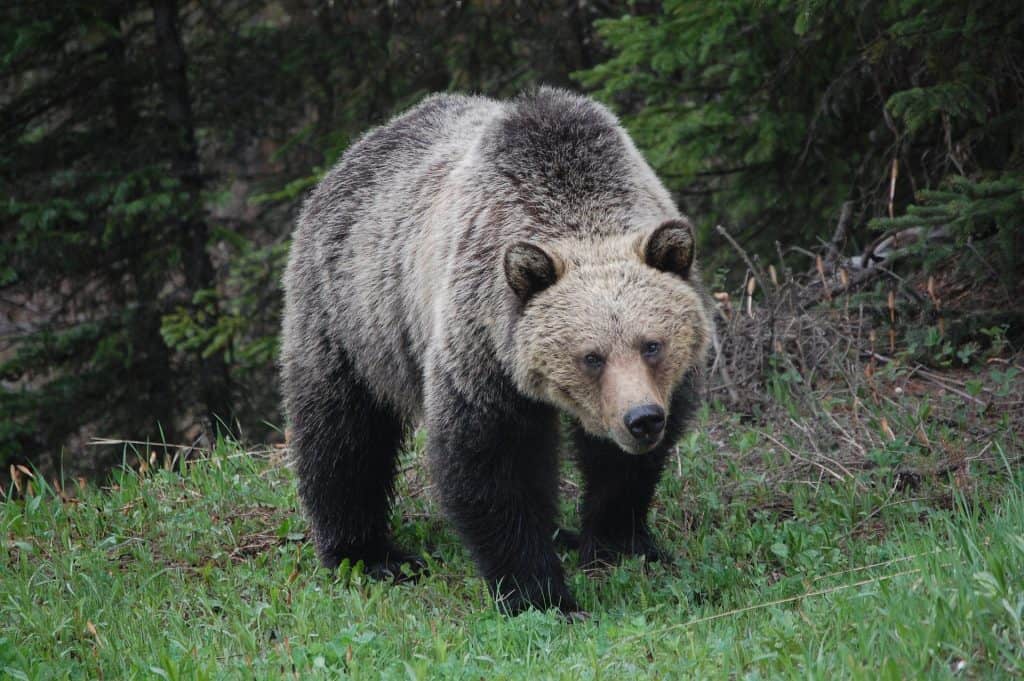
Anyone who goes to the woods knows the potential danger of a bear attack. Bears are huge animals that have the capacity and aggression to disfigure you and kill you. An animal such as a Grizzly Bear is a formidable attacker with sharp claws that can have you dying of deep fatal cuts if they attacked you.
Bears attack camping areas looking for food. To avoid this, make sure you leave your camping area clean when you sleep. You can also use bear spray to keep the bears away. During a fight or flight moment, the best defense is laying still or slowly backing up. The bear will likely not attack you if you are already down.
Bees/wasps/hornets
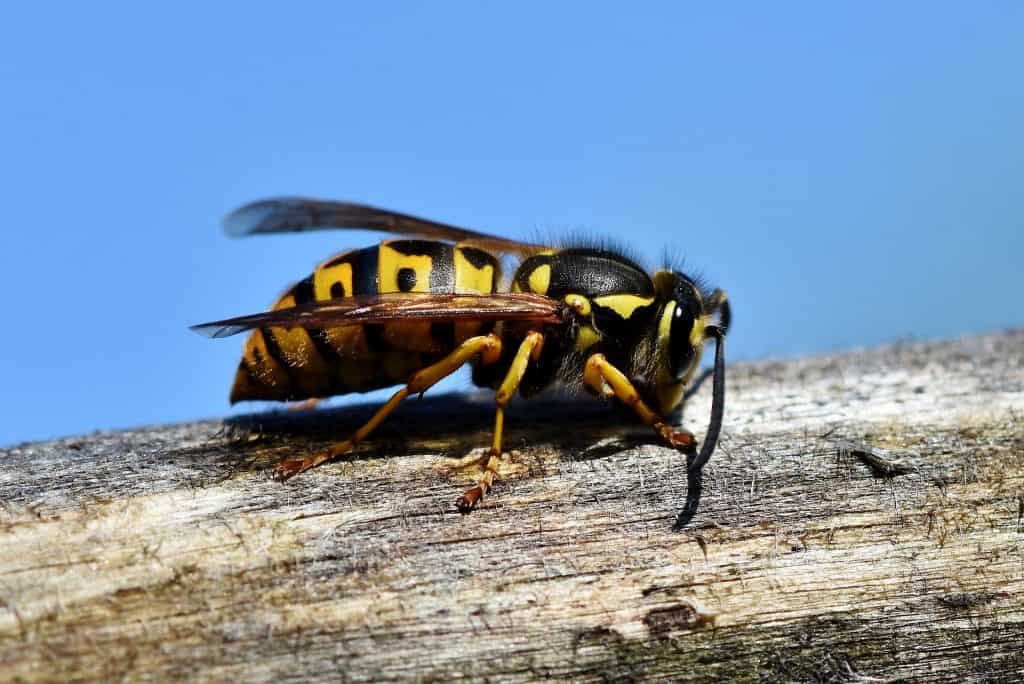
These stingers are a dangerous lot. While the stings tend to heal albeit painfully, a swarm of bees or hornets attacking might result in fatality. The severity of the stings is escalated if the victim has an allergic reaction. Bees, wasps, and hornets attack when their hives are threatened.
In case you get attacked, avoid swatting them, or flailing your arms. The second best thing you can do is run. The best thing you can do is get to a place where you can lock yourself. A car would be a great place but if you’re in the woods, you probably don’t have a car nearby. Remove the stingers from your skin as quickly as possible using a scraper or fingernails to avoid the spread of venom.
Mosquitoes
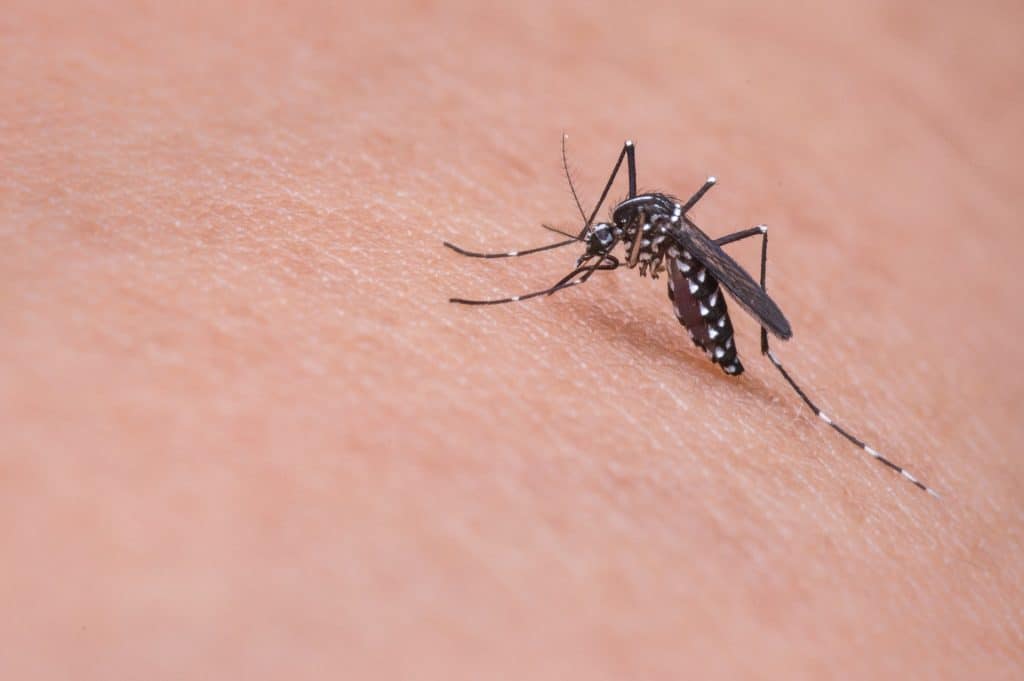
Mosquito bites are probably not as fatal as other insects. However, an insect that causes almost a million deaths every year is not to be taken lightly. Mosquitoes carry and transmit nasty diseases whose effects are felt long after they have attacked.
You will find lots of them in the woods especially if there are water bodies or grassy areas nearby. A little bug spray or essential oil can help keep those annoying buzzers away. However, you should seek prompt medical attention if you notice you have any reactionary symptoms after mosquito bites in the woods.
Survival Tips
Whenever you venture into the woods, make sure you carry an Epipen and some Benadryl. The Epipen is an essential tool when you get an allergic reaction or when you get post-attack anaphylaxis.
Carry some sort of communication device that will help you get medical attention after an attack.
First aid will help you avoid fatalities. It is wise to let someone else know your location. It helps medical authorities to track you if anything goes wrong.
- The 5 Best Heated Vests of 2022 - November 17, 2022
- 5 Best Campfire Cooking Tripods in 2021 - October 20, 2020
- 5 Best Camping Generators (Buying Guide) In 2022 - October 9, 2020

